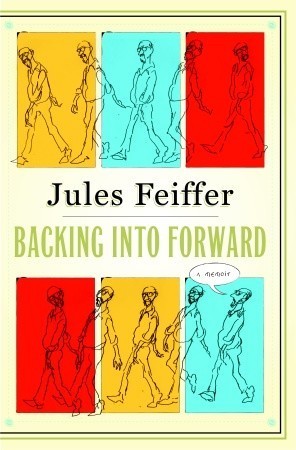What do you think?
Rate this book


464 pages, Hardcover
First published September 1, 2008
We were all members of the AYD, the American Youth for Democracy, a left-wing organization I joined in high school under the sponsorship of my sister the Communist. Mimi assured me that the AYD was “Progressive,” not Communist, extremely pink but not Red. In the thirties and forties these were known as Popular Front organizations, which, as far as Mimi was concerned, meant that I would now be more in line with “enlightened” political positions…. Her arguments, as always, sounded convincing. Certainly they intimidated me into a half-hearted membership in the AYD, in order to prove to her that I wasn’t what she openly and I, secretly, knew myself to be. But as I fell into line, I found a more personally persuasive reason to join. It was to meet girls.